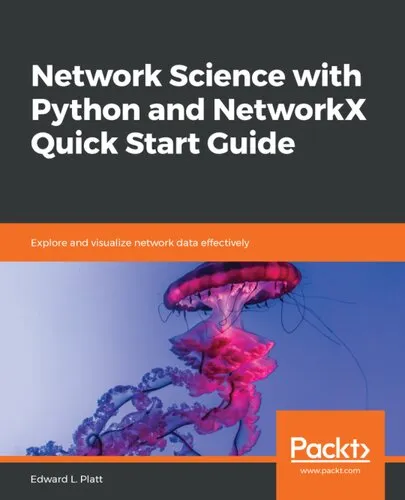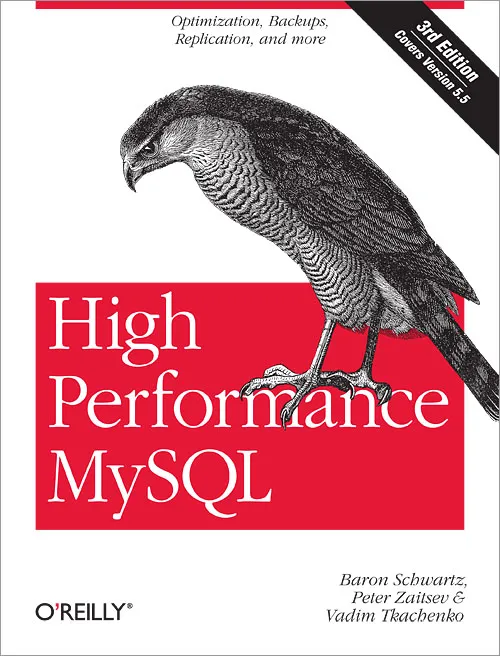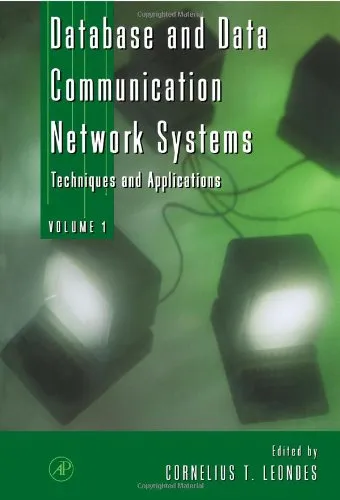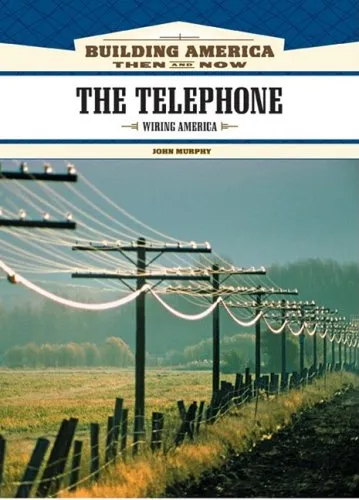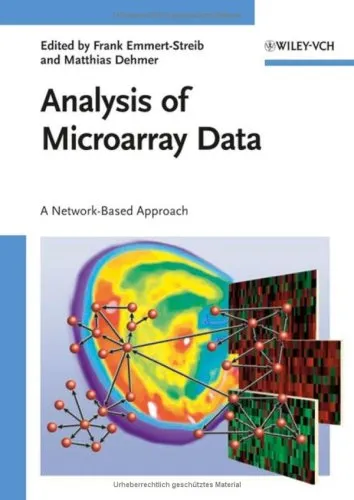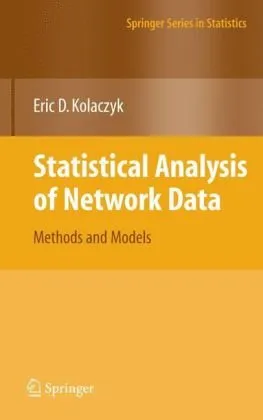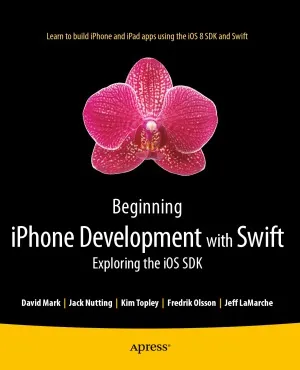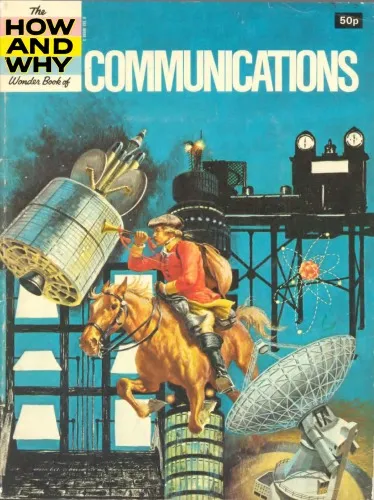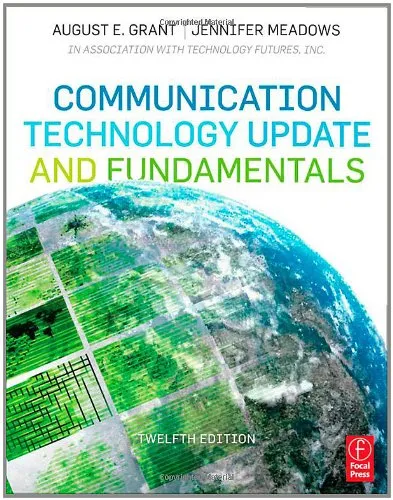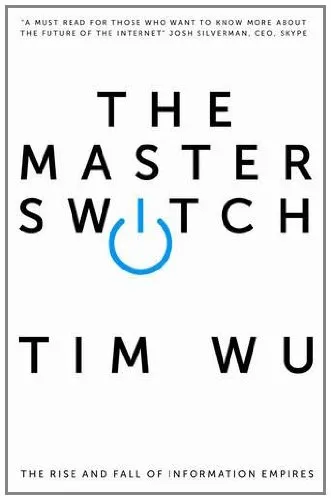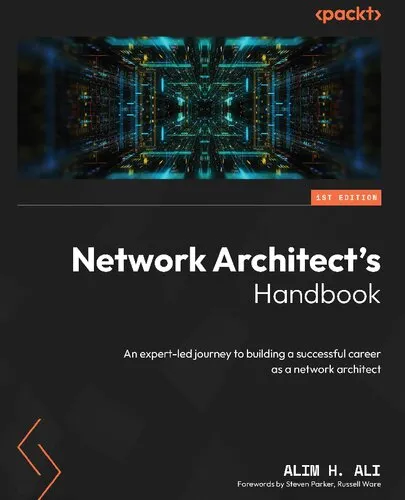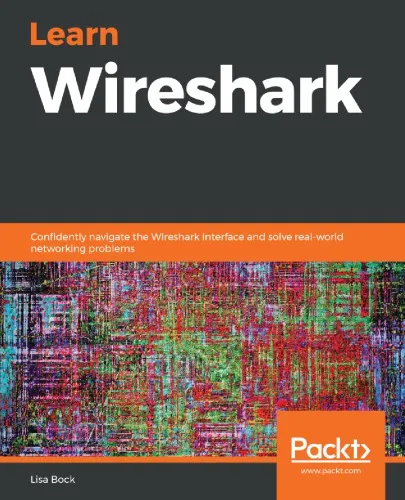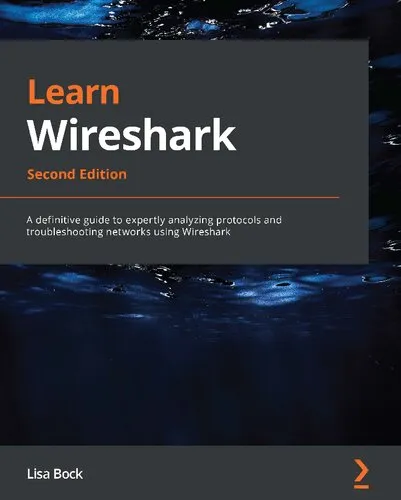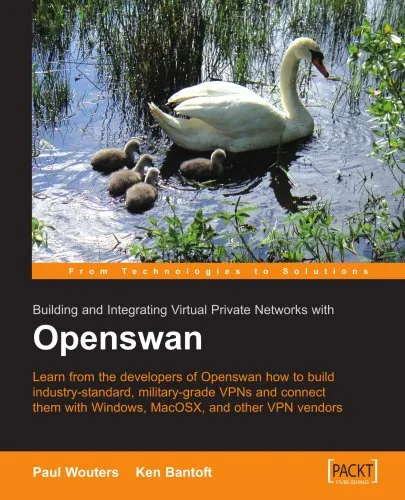The Master Switch: The Rise and Fall of Information Empires
4.5
Reviews from our users

You Can Ask your questions from this book's AI after Login
Each download or ask from book AI costs 2 points. To earn more free points, please visit the Points Guide Page and complete some valuable actions.Related Refrences:
Introduction to "The Master Switch: The Rise and Fall of Information Empires"
"The Master Switch: The Rise and Fall of Information Empires" by Tim Wu is a fascinating exploration of the cyclical nature of technological and information industries. In this groundbreaking book, Wu delves into the histories of key communications technologies like the telephone, radio, television, and the internet, analyzing how dominant players emerged, consolidated power, and often succumbed to their own monopolistic tendencies. At its core, the book investigates the recurring patterns of openness and monopolization in the flow of information and highlights how these cycles have profound implications not just for government and industry but also for the society living under their influence.
Combining historical narrative and expert analysis, "The Master Switch" is both a warning and a guide to understanding modern power struggles in technology and communications. Wu challenges readers to consider how our media landscape has been shaped by the consolidation of power in information industries—and whether we are, once again, witnessing the battle between freedom and monopoly in the digital age.
Detailed Summary of the Book
"The Master Switch" is based on the premise that all major information industries follow a predictable cycle of "the rise, the consolidation, and the fall." This cycle begins with an open, innovative period characterized by accessibility and competition, followed by the emergence of dominant players who consolidate and control the medium in question. Eventually, these monopolies face disruption, whether through new technologies, public intervention, or cultural shifts, resulting in either their decline or a reinvention of the industry.
Wu begins by exploring the invention of the telephone and the domination of AT&T, demonstrating how it successfully stifled innovation and competition for decades. He transitions to the rise of radio, narrating how the airwaves were initially a platform for free communication before corporations like RCA and government regulations turned them into highly centralized, profit-driven entities. Similarly, television and Hollywood became dominated by a few studios and networks, eradicating the openness seen in their beginnings.
The book eventually shifts focus to the internet. Wu outlines how it started as a profoundly decentralized and democratic medium, accessible to all, but suggests that it too may be falling into the same patterns of control. The emergence of tech giants such as Google, Facebook, and Apple illustrates how even the most disruptive technologies are vulnerable to monopolization. Wu warns of the consequences of such control, which can lead to censorship, reduced innovation, and inequitable access to information.
Key Takeaways
- Information industries consistently follow a cycle of openness, consolidation, and decline.
- Monopoly power in information systems can stifle innovation and limit freedom of expression.
- Government intervention has often played a crucial role in breaking up monopolies and restoring openness, though such actions have their potential drawbacks.
- The internet, once seen as an inherently open medium, is showing signs of centralization and monopolization, which threaten its core principles.
- Society must remain vigilant in preserving the balance between innovation, openness, and regulation in technology industries.
Famous Quotes from the Book
"With the rise of any great information empire, the potential for it to be turned against the public grows."
"History shows a typical progression of information industries from somebody’s hobby to somebody’s industry to somebody’s empire."
"As history has repeatedly shown, whatever has been closed too long is ripe for ingenuity’s assault: every empire, telecom or otherwise, carries within it the seeds of its own destruction."
Why This Book Matters
"The Master Switch" is an essential read for anyone seeking to understand the dynamics of power in the information age. Tim Wu’s analysis provides crucial insights into the rise and fall of communication technologies and sheds light on how corporate consolidation can affect innovation, democracy, and freedom of expression.
At a time when control over digital resources and platforms has become a critical issue globally, Wu’s work is timely and enlightening. It equips readers with the historical perspective necessary to evaluate and challenge the dominance of modern tech giants. If we do not revisit the lessons of the past, we risk repeating the same patterns, allowing monopolization to restrict creativity and access to innovation.
By blending history, technology, and policy, "The Master Switch" serves not only as a warning but as a call to action for individuals, governments, and industries alike to resist the unchecked consolidation of power and protect the public’s right to open and accessible information networks.
Free Direct Download
You Can Download this book after Login
Accessing books through legal platforms and public libraries not only supports the rights of authors and publishers but also contributes to the sustainability of reading culture. Before downloading, please take a moment to consider these options.
Find this book on other platforms:
WorldCat helps you find books in libraries worldwide.
See ratings, reviews, and discussions on Goodreads.
Find and buy rare or used books on AbeBooks.
